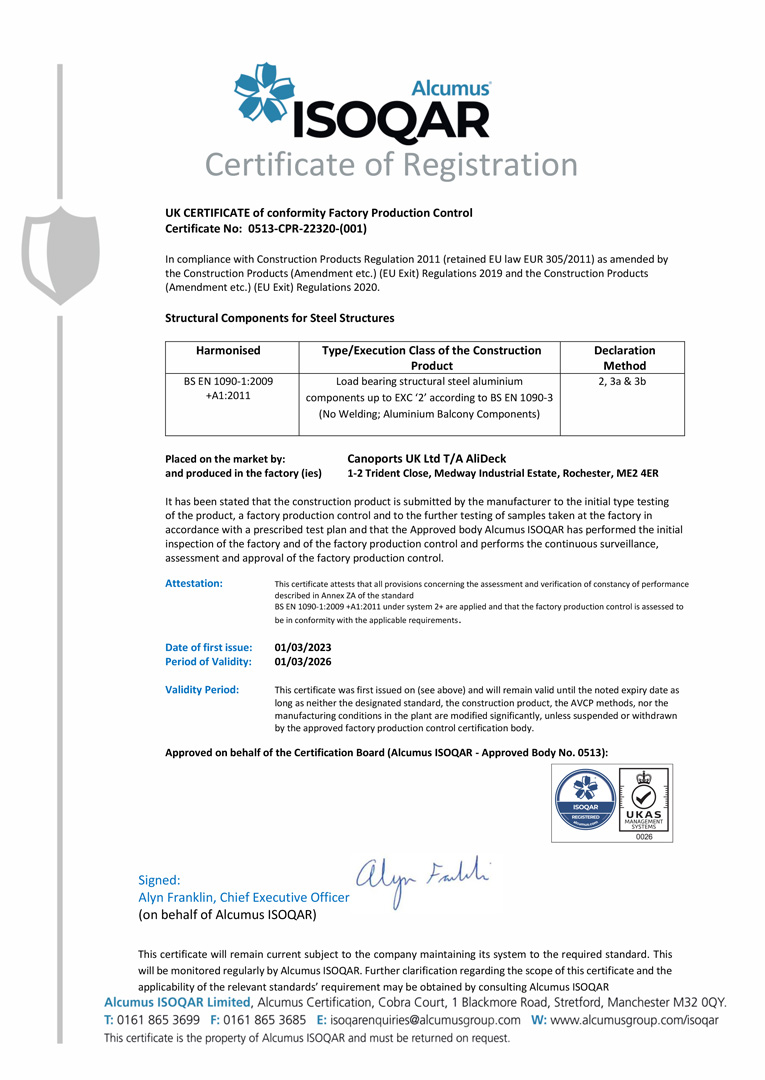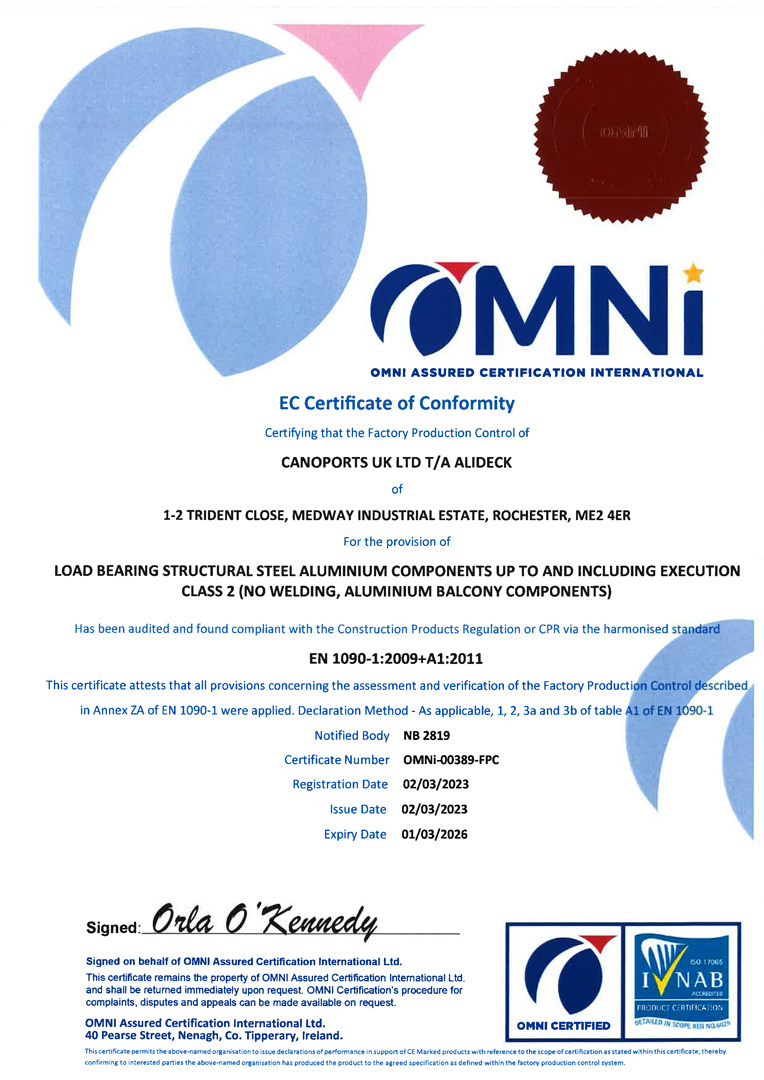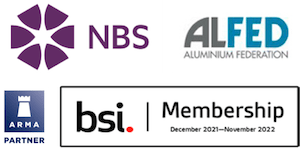Balcony fire in Wandsworth, London Fire Brigade respond to blaze on mid-rise building on hottest day of the year
We are currently experiencing a heatwave that has surpassed the highest temperatures we have ever seen in the UK. While many of us will look to safely enjoy the sunny spell, the hot weather does present fire risks. There are steps, though, that residents across the country can take to be proactive in safeguarding their balconies from fire.
Following a balcony fire in Wandsworth, London yesterday (July 18th), smoke could be seen across the capital giving many leaseholders a stark reminder of the ongoing Building Safety Crisis. London Fire Brigade dispatched 4 engines and 25 fire crew to tackle the blaze, while members of the public looked on in concern.
Whilst the cause is still unknown, we can see from the images circulating that the balconies were made of timber decking, including a timber roof terrace for the penthouse apartments. Where these combustible materials are present, the risk of fire ignition and spread is greatly heightened.
Due to the high heat that we are facing, combustible materials used in the external walls serve as a fuel source for fires to erupt. With EWS1 (External Wall Surveys) still leaving many trapped in their unmortgageable homes, we must take preventative actions seriously until future-proof solutions are in place.
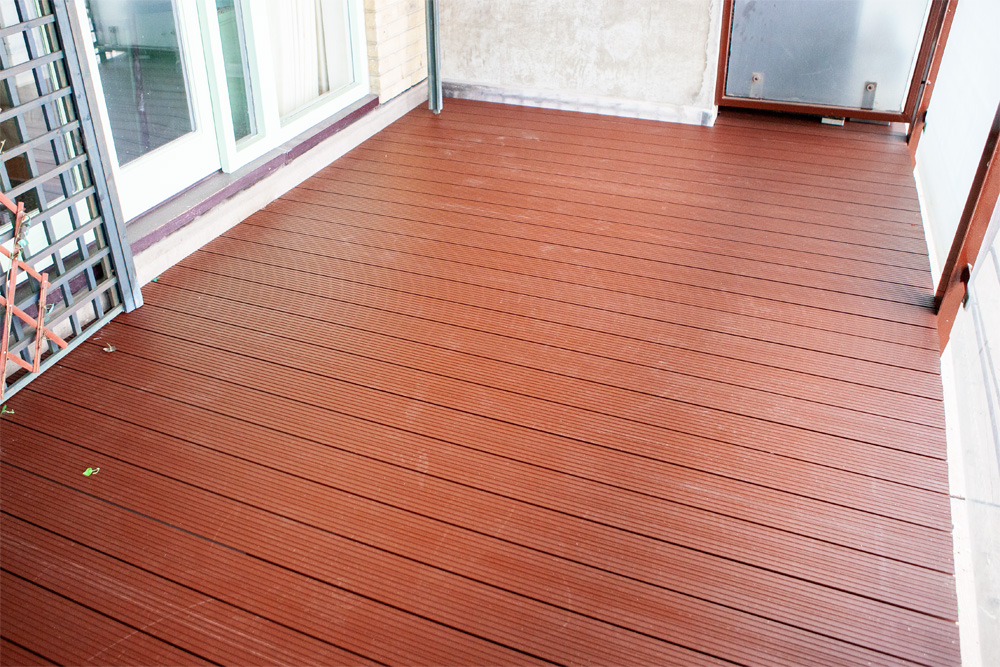
As a trail-blazing innovator for non-combustible aluminium products, AliDeck keep up-to-date with the latest news on Building Standards and Regulations. While the focus post-Grenfell has been on high-rise buildings, mid-rise buildings such as the one that caught fire on Bridges Court Road yesterday face many of the same threats.
Fire safety remediation is a preventative measure that can be taken to provide safe, future-proof living environments. With balconies, switching from combustible materials such as timber and composite decking to non-combustible materials such as aluminium decking is one way in which housing associations and building owners can protect their residents while also future proofing and creating additional value for their property.
As for the actions that can be taken by leaseholders, the annual AliDeck Balcony Fire Report offers insights into the most common causes of balcony fires, most of which are related to human error and reckless behaviour. These include people dropping cigarettes that are still ignited onto a combustible material, the use of barbecues on balconies, and more.
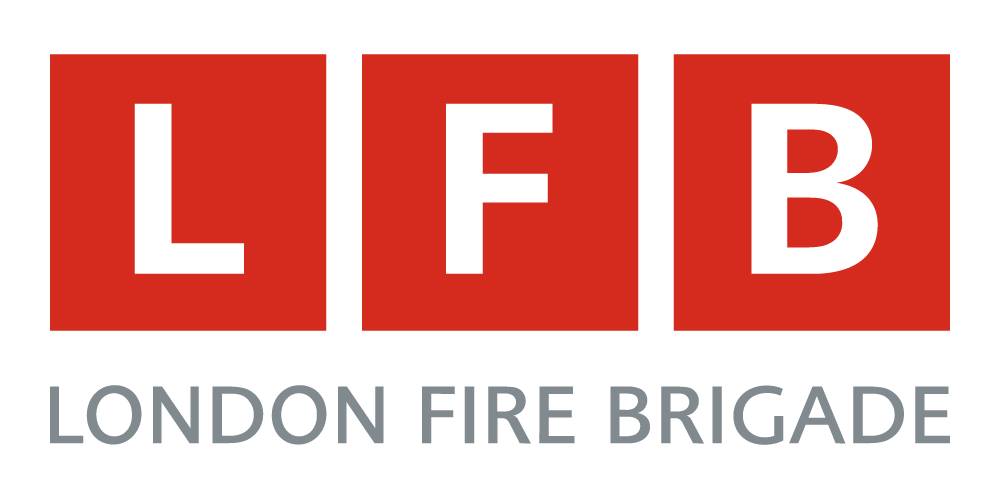
When using balconies, you should adhere to fire-safe conduct not only to protect your home but also the entire building. The London Fire Brigade offer regular advice on Balcony Fire Safety, strictly advising against the use of disposable barbecues and making balconies a no-smoking area.
Keeping combustible objects away from balconies is also essential. Paperware such as books, cups, napkins and cardboard can have refracted sunlight from glass objects cause ignition. Keeping these items away from direct sunlight and other heat sources should be an essential practice for all leaseholders.
Regulations and building safety advice continue to evolve. We advise building owners and housing associations to take proactive decisions when looking to future-proof their buildings.
If you would like to find out more about the services and non-combustible products we offer, or if you would simply like to further discuss the advice within this article then please do not hesitate to get in touch with us via 01622 235 672 or email us at info@alideck.co.uk.




